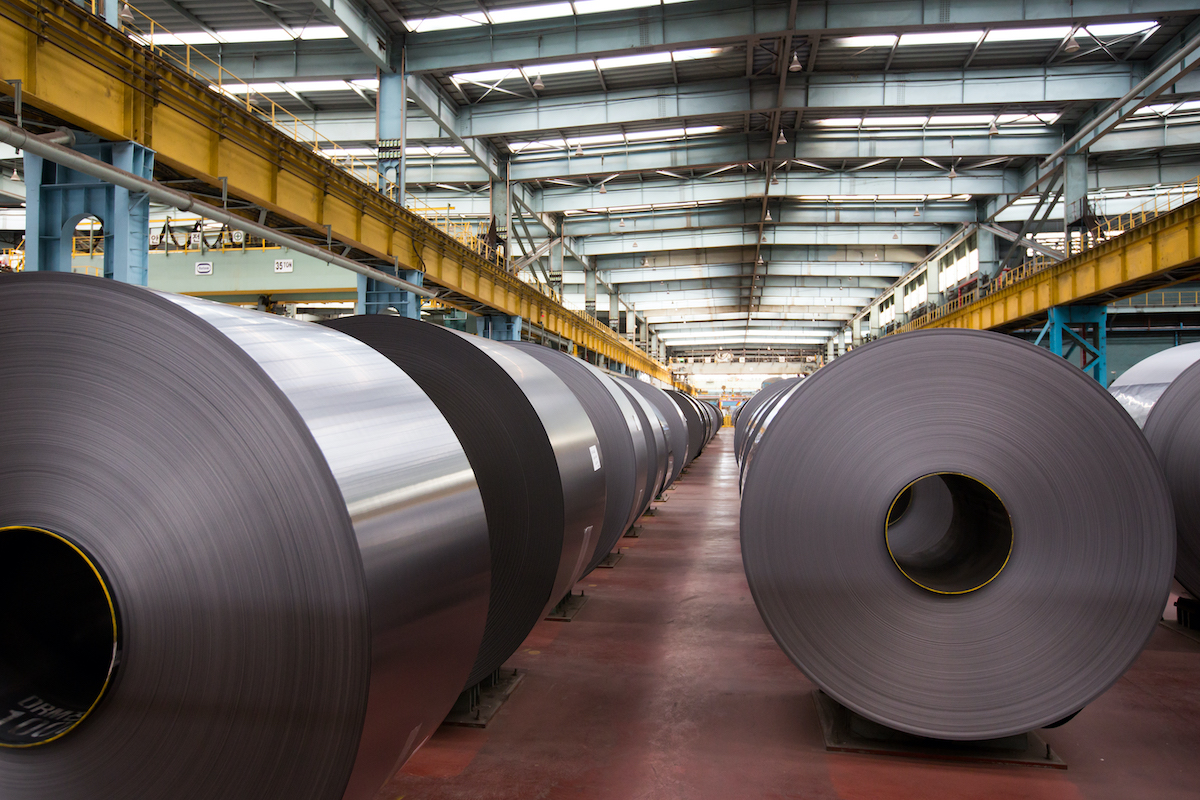Exports of coil from Belgium rose notably in 2022, quite likely because of Russian slab rolled in the country and then sent overseas, says a source.
According to a Benelux market observer, exports of hot rolled coil from Belgium to Turkey increased fivefold last year. “This remarkably increased export was mainly originating from a Belgian steel rolling mill with Russian roots, which makes it from slabs supplied from Russia,” he tells Kallanish.
In another example of Russian steel indirectly coming to Europe, the observer says, some 40,000 tonnes of Turkish coils recently came to the UK, for which the base material is believed to have originated from Russia.
“Russia is reportedly trying to supply rolled steel to Europe via stealth routes, thus circumventing sanctions on various products,” the observer says. The European Commission has meanwhile become aware of the issue and prepared the way for banning Russian material processed in third countries.
In its eighth round of sanctions on Russia, the Commission said steel products processed in third countries using steel originating from Russia will not be accepted in Europe as of 30 September 2023 (see Kallanish passim).
A German distributor of plate adds that German warehouses have volumes of Russian material – finished as well as semi-finished – in stock which they cannot use. Much of it has not been fully paid, and will not be, he adds. “All that benefits Russia’s economy and businesses is banned now, and that includes residual payments,” he explains.
Christian Koehl Germany






